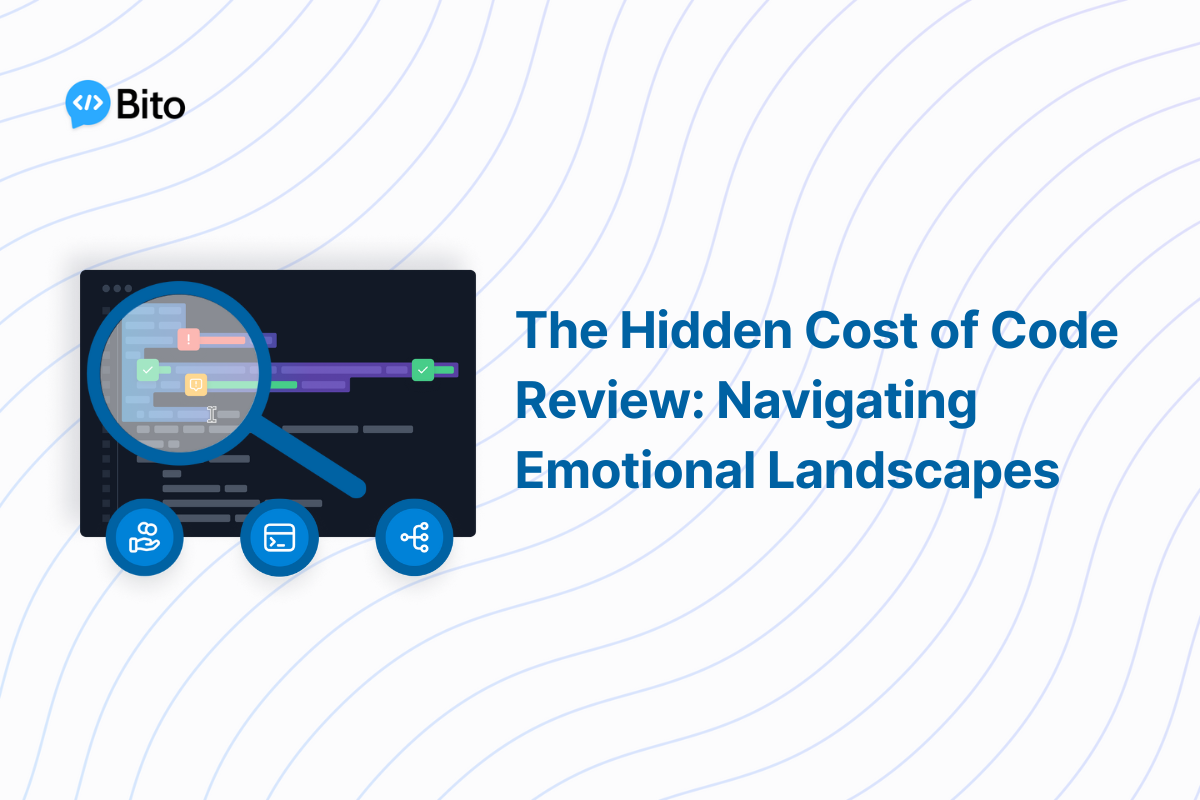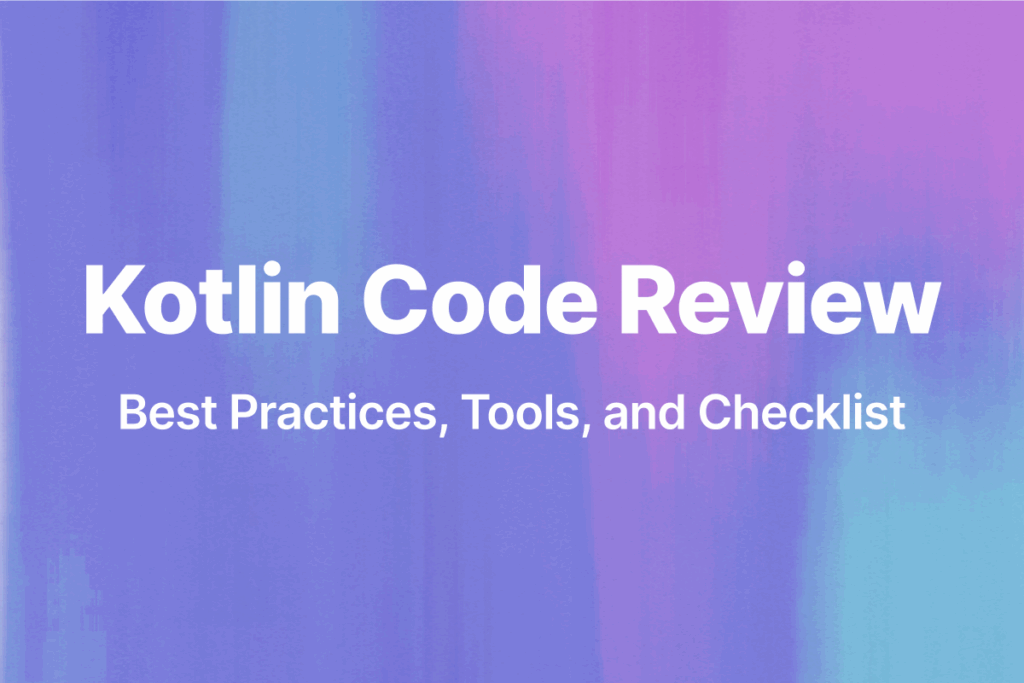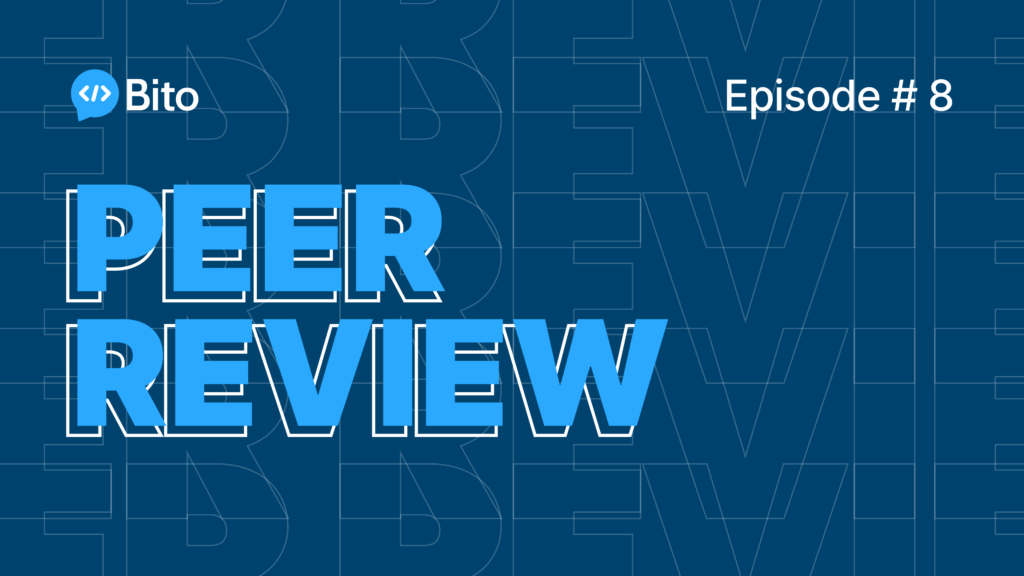For many dev teams, the code review process is a critical component of the development process. It’s used for maintaining high standards of quality, fostering knowledge sharing, and ensuring adherence to project guidelines. However, beneath the surface of this seemingly straightforward procedure lies a complex emotional landscape that can significantly impact team dynamics, developer morale, and ultimately, project outcomes.
Recent findings from a comprehensive study conducted at Google, involving 1,317 developers, shed light on the psychological toll that the code review process can exact on developers. This study, titled “Predicting Developers’ Negative Feelings about Code Review,” delves into the nuances of ‘pushback‘—a term used to describe the interpersonal conflict arising during code reviews when a reviewer blocks a change request.
The study’s revelations are somewhat eye-opening and underscore a pervasive issue within code review. While technically driven, is inherently laden with emotional undercurrents. A staggering 75% of the surveyed developers reported experiencing negative feelings during code review processes, with a notable portion attributing these emotions to the interpersonal conflicts and pushback received from reviewers.
Digging deeper, the research highlights several factors contributing to this sentiment. Key among these is the lack of clear communication and understanding between the author and the reviewer. Misinterpretations or miscommunications can escalate into full-blown conflicts, leading to feelings of frustration, stress, and in some cases, a deep sense of discouragement among developers. This emotional burden can be so overwhelming that it not only affects the immediate productivity of the involved parties but can also lead to long-term adverse effects such as burnout or even developers leaving the project altogether.
The frequency and impact of such negative experiences during code reviews are not trivial. The data from Google’s study suggest that developers who frequently encounter pushback are more likely to experience a decline in their job satisfaction and overall well-being. This is particularly concerning considering that nearly all code at Google, and similarly at many other organizations, undergoes review before being merged, meaning the majority of developers are exposed to this potential source of stress on a regular basis.
The study also emphasizes the role of feedback quality in the code review process. Positive, constructive feedback can be a powerful tool for learning and improvement, whereas negative, non-constructive feedback can demoralize authors and erode team cohesion. Unfortunately, the research indicates that negative feedback, whether due to actual deficiencies in the code or perceived personal biases, is a significant factor contributing to developers’ adverse feelings.
So, what can be done to mitigate these negative experiences and foster a more positive, productive code review culture? One promising solution is the adoption of AI-powered code review tools. These tools can offer unbiased, emotion-free assessments of code, focusing solely on the technical merits and adherence to coding standards. Ajay Chawda, CTO of BuzzyBrains, a software services firm, said “After using AI code review, some of our leads gave feedback that developers earlier found minor feedbacks a bit offensive, but they don’t seem to mind getting that feedback from AI reviews.” By removing the personal element from initial code reviews, developers can receive objective feedback, reducing the likelihood of interpersonal conflict and the associated negative emotions.
Furthermore, AI code review tools can help standardize the review process, ensuring consistency in feedback and expectations across different reviewers and projects. This standardization can help alleviate some of the uncertainties and inconsistencies that lead to pushback and negative experiences.
However, it’s important to note that AI tools are not a panacea. Human reviewers are still crucial for providing the nuanced, contextual insights that only a fellow developer can offer. Therefore, a hybrid approach, combining the strengths of AI tools with the irreplaceable human element, could be the key to enhancing the code review process.
In conclusion, while code review is undeniably essential for maintaining high-quality software, it’s clear that the process also has a significant emotional dimension that needs addressing. By acknowledging the emotional impacts, implementing supportive technologies like AI code review tools, and fostering a culture of positive, constructive feedback, organizations can create a more supportive environment that not only improves the code review process but also enhances developer well-being and team dynamics. In the ever-evolving landscape of software development, finding this balance between technical rigor and emotional intelligence could be the key to unlocking greater innovation, productivity, and job satisfaction.






